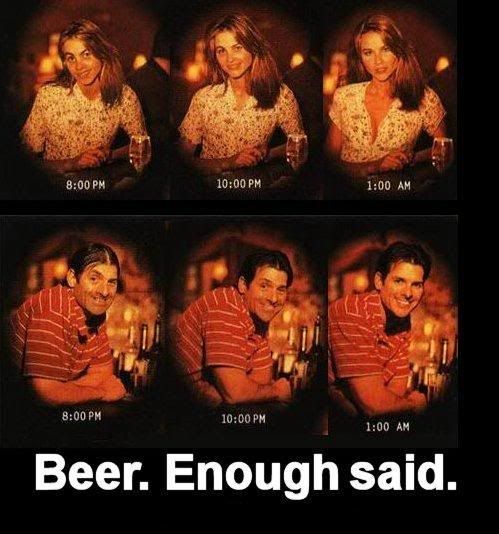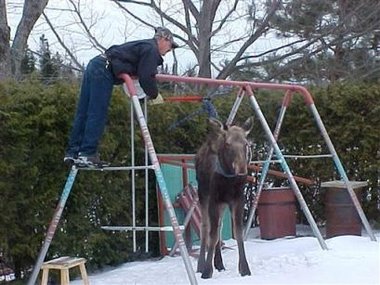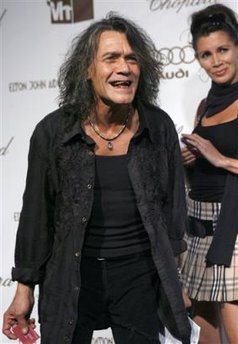Drug War Revisited
Stossel Asks The Right Questions.
John Stossel tackles the war on drugs and reaches my conclusion: the war isn't working, so why aren't we looking at other ways.
I am not in favor of hard, recreational drug use. I would fight it with every fiber of my being. Some people can never get past the harm of drug use, which I do not deny. But one must always ask, when formulating policy, what is effective as well is what is "right" or "good." I also favor, given my libertarian leanings, freedom in the absence of force or fraud. But I don't care to go down the "freedom" road on the issue of drugs. I will trade my libertarian stripes for drug prohibition if it will achieve its objectives. But it doesn't.
I just want to know: what has the money spent on the war on drugs produced. The answer: more prisoners, less civil liberties, more drug related crime, a budget black hole at every level, and no reduction in the availability of drugs. As Stossel summarizes:
I was once among the majority who believe that drug use must be illegal. But then I noticed that when vice laws conflict with the law of supply and demand, the conflict is ugly, and the law of supply and demand generally wins. The drug war costs taxpayers about $40 billion. "Up to three quarters of our budget can somehow be traced back to fighting this war on drugs," said Jerry Oliver, then chief of police in Detroit, told me. Yet the drugs are as available as ever.
Plus, our drug laws only serve to fund the criminals of this country and many others, including terrorists. As Stossel sees it, this is what we reap from our war:
1. More crime. Rarely do people get high and then run out to commit crimes. Most "drug crime" happens because the product is illegal. Since drug sellers can't rely on the police to protect their property, they form gangs and arm themselves. Drug buyers steal to pay the high black market prices. The government says alcohol is as addictive as heroin, but no one is knocking over 7-Elevens to get Budweiser.
2. More terrorism. The profits of the drug trade fund terrorists from Afghanistan to Colombia. Our herbicide-spraying planes teach South American farmers to hate America.
3. Richer criminal gangs. Alcohol prohibition created Al Capone. The gangs drug prohibition is creating are even richer, probably rich enough to buy nuclear weapons. Osama bin Laden was funded partly by drug money.
At the end of the day, I want a better America and a more effective policy. If it isn't some form of legalization, then tell me what it is. The current system cannot be defended on any rational cost/benefit analysis.
 Cynthia McKinney, forever the victim of racist attacks and wearer of very bright clothes, had a
Cynthia McKinney, forever the victim of racist attacks and wearer of very bright clothes, had a  The issues: (1) She was bypassing security. (2) She was not wearing her lapel pin that makes identification of House members easier for security. (3) She recently changed her hair style and has, I was told by Boortz, "put some junk in the trunk." Compare older top picture with more recent picture below. (4) She was not entering her own office building, but a different House office building, for a meeting.
The issues: (1) She was bypassing security. (2) She was not wearing her lapel pin that makes identification of House members easier for security. (3) She recently changed her hair style and has, I was told by Boortz, "put some junk in the trunk." Compare older top picture with more recent picture below. (4) She was not entering her own office building, but a different House office building, for a meeting.
 Duke University has
Duke University has  Q: I've heard that cardiovascular exercise can prolong life; is this true?
Q: I've heard that cardiovascular exercise can prolong life; is this true?




 Carnival of Liberty XXXVI is up and hosted by our favorite self-proclaimed young curmudgeon and advertising of all things gambling,
Carnival of Liberty XXXVI is up and hosted by our favorite self-proclaimed young curmudgeon and advertising of all things gambling,  Oh Number PI
Oh Number PI




















